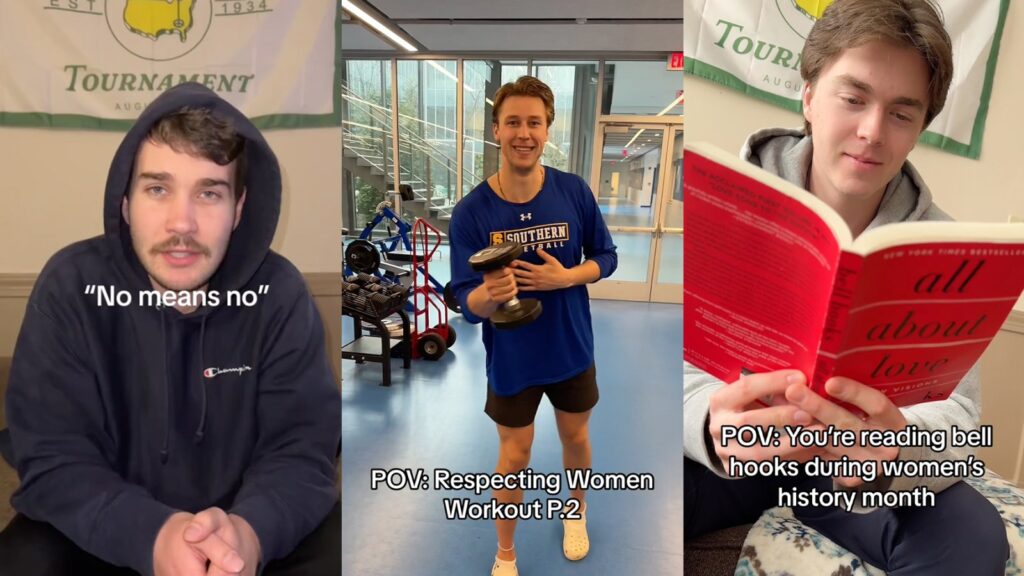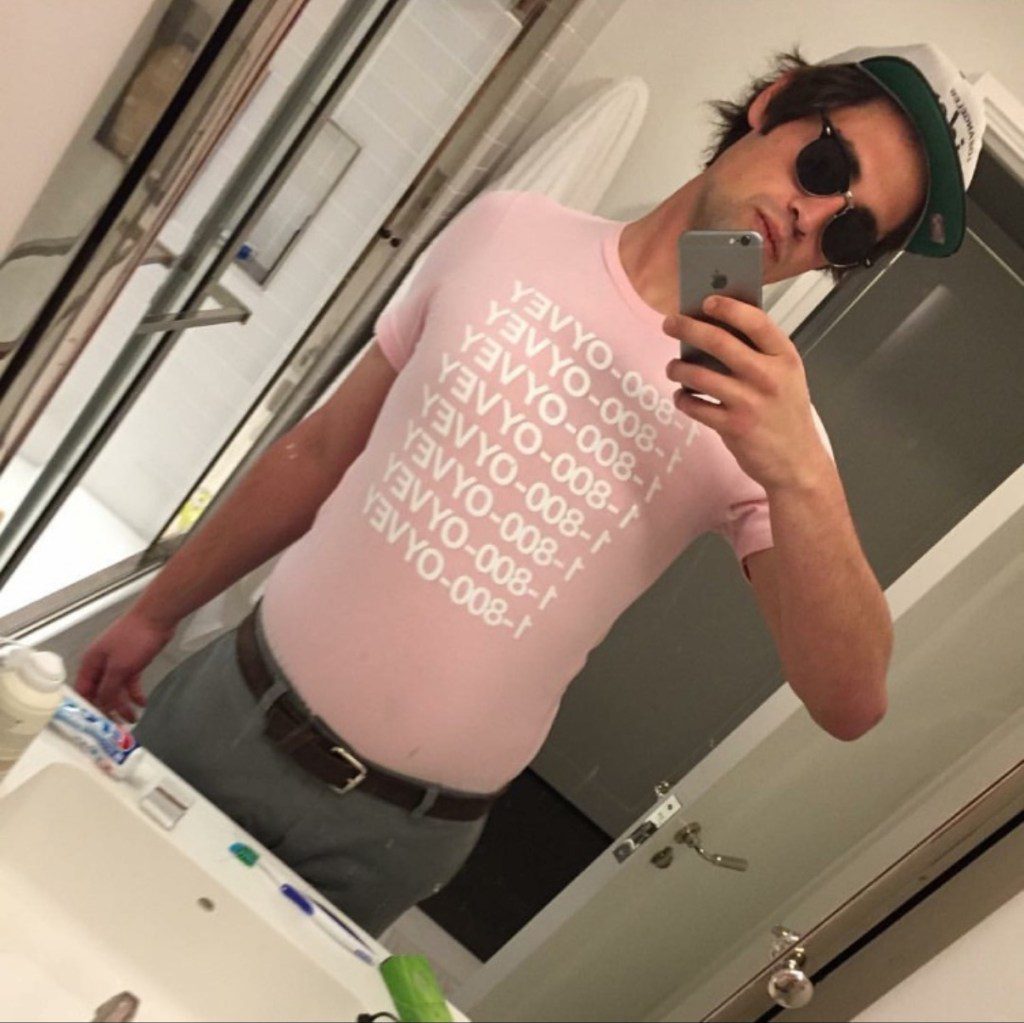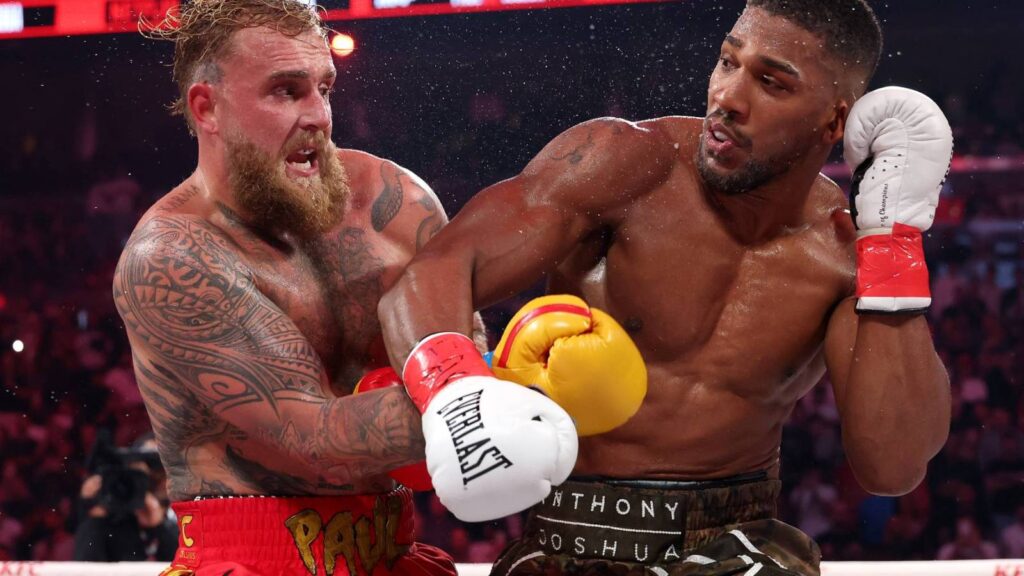Meet the College Kids Making ‘Positive Masculinity’ TikToks to Counter the Manosphere
In a video viewed over 2.8 million times, Mitch and Jack play a game. The rules are simple: They bring up a topic and then either respond affirmatively by saying “That’s what’s up” or negatively, by saying “What’s up with that?” On the list of things that are given the stamp of “That’s what’s up” approval: setting boundaries with your partner, backflips, and night-vision goggles. Using racial or homophobic slurs and kidney stones are dismissed with furrowed brows and “What’s up with that?” In the comments of the TikTok video, viewers applaud the young men. “This is unironically how we defeat the alt-right pipeline,” reads one comment. “Positive masculinity,” says another.
The video was posted by the TikTok account @sexedforguys, which has over 117,000 followers and is run by four students at Colby College, a private liberal arts school in Maine. A scroll through the account, which was started in 2022, surfaces skits exploring topics like enthusiastic, sober consent, toxic masculinity, and homophobia. At a time when young men are being radicalized by anti-feminist, pro-misogynistic content, the account aims to surface something more equalizing on the For You Pages of young people. If it sounds preachy, it’s just because you haven’t watched their videos. The skits are loose and funny and acted out entirely by college students. In one, a boy makes fun of his friend for “finishing in 10 seconds”; another friend steps in to say he shouldn’t be ashamed but he should make sure his partner finishes, too. “Thanks, guys,” says the first guy. “Now I know that it’s important that they also finish. Not just me. In 10 seconds.”
At the helm of the project is Adam Howard, a Colby professor and chair of its education department. Howard’s recent research has focused on elite all-boys institutions which he became interested in after Brett Kavanaugh was confirmed to the Supreme Court despite allegations of sexual assault; one of the things Howard found was that sex education was almost entirely lacking at these institutions. While working with student researchers, he asked what the best way to disseminate their research findings would be. “They said TikTok,” Howard says. “The videos are providing really valuable information in really accessible ways.” Among that information: how to prioritize female sexual pleasure, what to do if you test positive for a sexually transmitted disease, and the difference between coercion and consent.
We’re now in a time when more and more young men are falling into the manosphere, a section of the internet that rejects feminism and embraces misogyny and unapologetic toxic masculinity. While it’s long been dominated by Andrew Tate, a content creator and far-right influencer who has been charged with rape and sex trafficking in Romania, and is under investigation in Florida (he’s denied all allegations), it’s recently been growing in the public consciousness thanks to its role in the election of Donald Trump. It was also the subject of the Netflix show Adolescence, which has sparked conversations about how to counteract its negative effects.
Sex Ed for Guys offers alternate programming. “Guys could be scrolling through their TikTok and Andrew Tate will pop up but as they scroll, maybe Sex Ed for Guys will pop up and it’ll start having them think a little bit differently,” says Christopher Maichin, 20, a junior at Colby. “I think the greatest part of it is that they are getting education without even knowing it. They’re watching a funny video but they’re learning about consent.” Howard says that the logic of disseminating his research findings on TikTok is two-fold: First, that’s where young people are (research shows 55 percent of TikTok users are under the age of 30) and second, it’s a way of offering a counter-narrative to other popular content. “They are learning what it means to be a man from Joe Rogan and the manosphere,” Howard says. “How can we provide a counter-narrative to that? How can we provide something different?”
The account is purposefully apolitical, never wading into political debates or topics. But in a world where the President of the United States was found liable of sexual abuse, can sex ed promoting consent and positive masculinity really be apolitical? The student researchers interviewed for this story declined to share their political beliefs, saying that they’re focused on creating the best content they can as opposed to getting stuck in the muck of politics. They’re also not worried about whether the content comes off as uncool in the complicated social hierarchy of college. “It could be viewed as uncool or corny, but if you’re enjoying it, it doesn’t really matter,” says Mitch Humphrey, 19, a freshman involved in the project. “Our only goal is really just to make people feel safer on campus,” adds Humphrey’s friend and frequent video co-star, Jack Gatjanis, 19. When videos of Gatjanis and Humphrey, both young white men on Colby’s basketball team, surface on TikTok, a viewer’s first instinct is not that they’ll be extolling the virtues of consent. “You scroll and you see us and you don’t really expect us to talk about stuff like that,” says Humphrey. “I think that’s part of why we’ve had success.”
Howard and his student researchers all have access to the TikTok account. They meet regularly and come up with ideas, then script and shoot the videos, the drafts of which are then sent to Howard for approval. Though the researchers have typically been young men, Ava Shapiro, a 21-year-old junior at Colby, joined the team this semester. “It’s important to have a female perspective on the account,” she says. Sometimes, when she watches past content, she cringes. There’s one particularly popular series about respecting women that Shapiro thinks comes across as a mockery and that’s something she’s been careful to avoid. She wants people to think the videos are funny, but realize that they’re conveying important messages. In a recent video, Shapiro and her boyfriend listed eight things that are “normal during woo-hoo time” including queefing, laughing, and zoning out for a second. “He was so excited to be in the video,” Shapiro says. “Part of the reason why we do try to make the videos funny is because sex ed doesn’t have to be serious. It doesn’t have to be a taboo topic and it can be entertaining and fun and useful.”
The students, as well as the professor overseeing the project, all have different ideas about the future directions in which they want to take the content. Gatjanis and Humphrey want to focus on the mental health of men, which they think has been overlooked; Maichin wants to develop more content on toxic versus healthy relationships; Shapiro wants to focus on healthy friendships.
And, among other topics, Professor Howard hopes future content addresses anti-racism and homophobia, as well as the hulking elephant in the room. “The one topic that we haven’t tackled head-on is the culture of the manosphere. We’ve addressed it indirectly by offering an alternative to the harmful messages coming out of those spaces but we should take it on more directly. It’s too important not to,” he says. “Hope comes from the alternative. It’s the hope that young men can start to think about masculinity in healthier, more [productive], and less harmful ways.”





